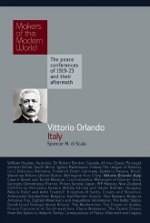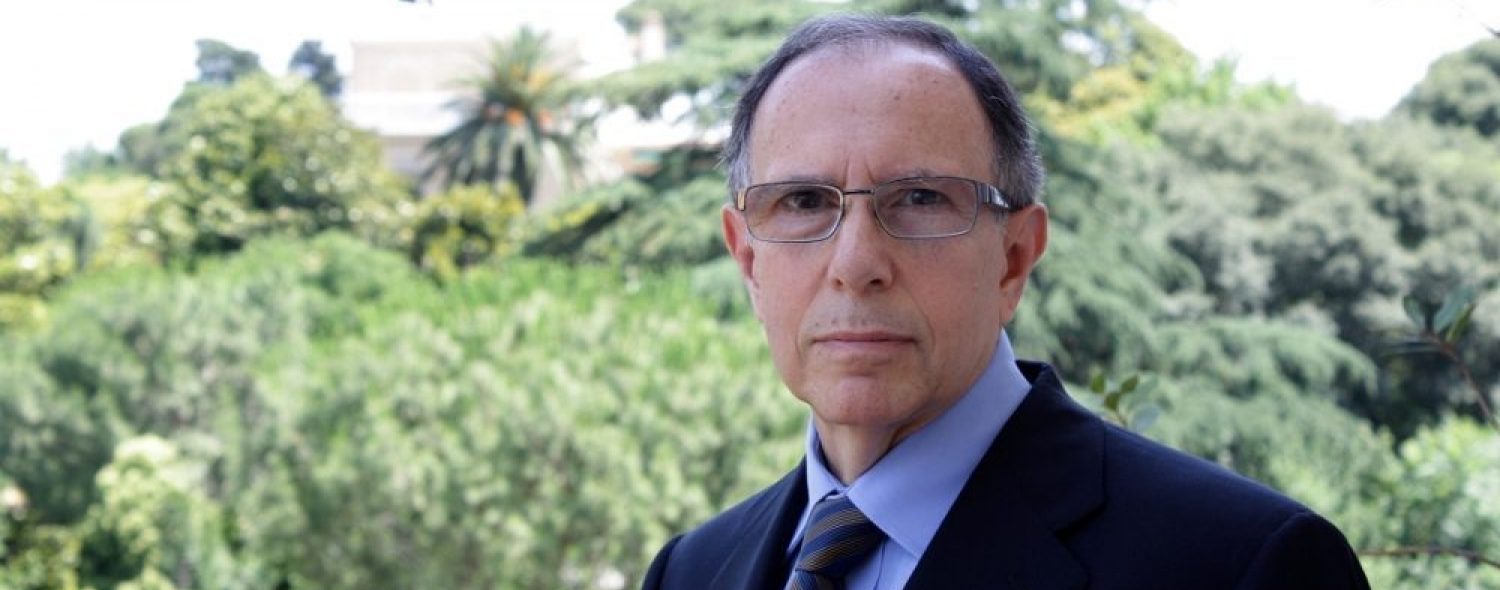
Vittorio Orlando: Italy (Makers of the Modern World) [Haus, 2010]
Vittorio Emanuele Orlando was the Italian representative to the Paris Peace Conference in 1919. This book focuses on him not only in that role, but as Education and Justice minister during the Liberal period in pre-war Italy, and as Interior Minister and Prime Minister during World War I. Before the war, he was instrumental in reconciling the Church and State and expanding civil rights. Orlando took over the country during its darkest days during World War I and led it to victory. During the Peace Conference, he clashed with President Woodrow Wilson in an unfortunate struggle that contributed to the rise of fascism in Italy. This book is the first one on Orlando in English and is based on archival and other primary sources.
Italy in 1918 was in an ambivalent position: at the outbreak of war the country had been part of the Triple Alliance with Germany and Austria-Hungary, but had stayed neutral until joining the Allies in 1915. The Caporetto crisis brought Orlando to power, and he did much to restore the situation, but the Italians looked to Versailles to compensate them for the terrible losses they had suffered.
In this book, the clash between Italy’s territorial demands in the Balkans, which had been guaranteed by the Allies in 1915 and earned through her losses in the War, with the new Wilsonian doctrine of open diplomacy and national self-determination is detailed, and it traces the effects the failure of Orlando’s delegation to satisfy their people’s demands which directly contributed to the rise of Fascism and to Mussolini’s policies in the 1930s as he sought to obtain what Italy had been denied at Versailles.
Praise for Vittorio Orlando: Italy
“The current Italian loss of memory [about its World War I Prime Minister Orlando] has… been rectified by the publication in Great Britain of a superb and synthetic biography of Vittorio Emanuele Orlando (Haus Publishing, 304 pp. 12.99 GBP), written for a series of profiles dedicated to the ‘Makers of the Modern World,’ and, in particular, to the protagonists of the Paris peace conferences of 1919-1923. The author is an important and balanced American scholar, Spencer M. Di Scala, who specializes in Italian and European history of the twentieth century. According to the focus of the series, the author had to emphasize Orlando’s role at Paris, describe the conflict with Sidney Sonnino over the requests Italy brought to the negotiating table, and, finally, explain the motivations, logic, and consequences of the clamorous abandonment of the negotiations by the Italian delegation.
In reality, although he discusses all these factors, Di Scala has seized the occasion to offer a well-rounded profile of Vittorio Emanuele Orlando in the correct assumption that his life story constitutes an essential explanation of the crisis of the Liberal era in Italy and of the coming of fascism, but also of the transition from a Monarchy to a Republic and the modalities by which the country arrived at a democracy which—in fact and against the opinions of Benedetto Croce and moderate Liberals who had him as a reference point—signaled continuity with pre-Fascist Italy.” —Francesco Perfetti, Professor, LUISS (Rome), Il Giornale, June 27, 2010
“I am already excited at the prospect of reading another book by Professor Di Scala. His ability to explain the complex history of Italy and its politics is without rival.” —Jerry Bello
“Promises to be an amazing work from a true scholar with a love of the subject matter, on a topic with profound ramifications and relevance even in today’s foreign policy domain.” —Theodore Tedeschi
